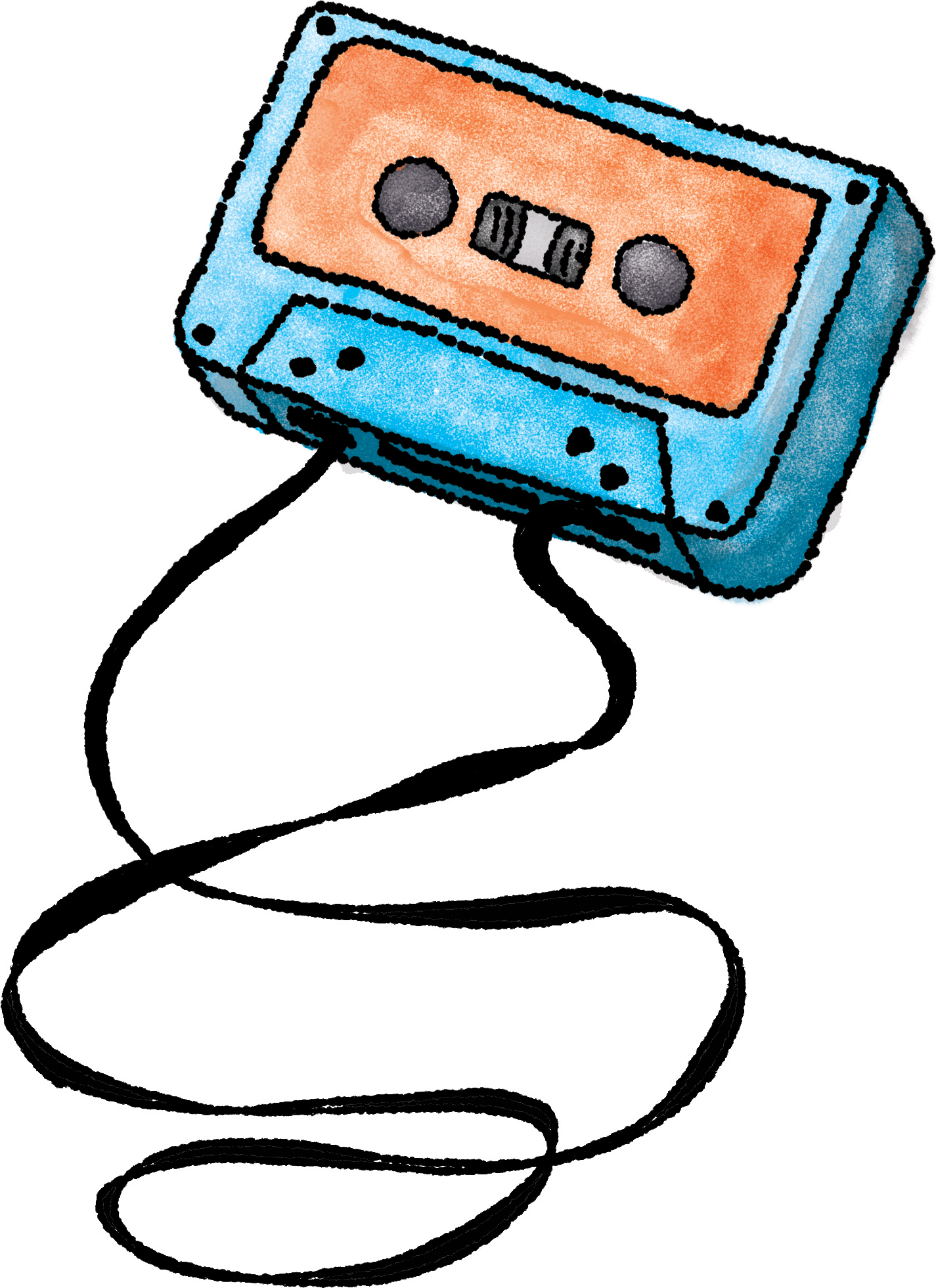Connor Duff
Nerd. In high school, who didn’t dread being called that?
Well, on the contrary, “nerd” isn’t some degrading insult that everyone will find offensive. If you call a good amount of high school or university students a nerd, the response you may likely get is, “Thank you.”
While driving home from work one day, I remember having a conversation with my dad where I brought up that I am a nerd. When he heard that, his immediate response was to console me, saying, “Son, don’t say that. You’re not a nerd.”
I gave him a funny look. Turns out he thought I was depreciating myself, and saying, “Oh, I’m such a nerd. Nobody loves me.”
In reality, I was saying, “I’m such a nerd. Everybody loves me.”
If one is to look up the literal definition of “nerd,” you should find something along the lines of, “a stupid, irritating, ineffectual, or unattractive person,” and “an intelligent but single-minded person obsessed with a non-social hobby or pursuit.”
Wow. Those sound incredibly offensive and insulting. No wonder my dad wanted to tell me I wasn’t a nerd. Those definitions have incredibly negative connotations, and in theory being a nerd is probably one of the worst things to be. As a matter of fact, it’s the other way around in practice.
Typically when a person says “nerd” or “geek,” they are referring to the second definition. When this definition says “non-social hobby or pursuit,” it refers to things such as a “computer nerd,” which could refer to either someone who is good with computers, or who plays a lot of computer games.
Now sure, in the past social activities would pretty much revolve around things like dating, playing sports, and so forth. The media also seems to peg the anti-social “nerd” as someone who is into science fiction, fantasy, and video games. Today, that could not be further from the truth.
At my old high school, there’s a Pokémon fan club. Students from around the school gather there to play the card and video games.
A club, of course, implies social interaction, and this is a club themed on what is considered a “nerd” activity. Even here at the U of M, I have plenty of friends who are still into Pokémon – even though “friends” and “Pokémon” in the same sentence sounds paradoxical.
Today, we have the annual event known as Comic-Con – a convention held in many North American cities that celebrates nerd culture, and advertises itself as such.
People go out in costume and meet others in costume, as well as several science fiction or comic-book-related celebrities, and browse through mountains of science fiction material. Having attended twice already, I can tell you there are a ton of people.
One of the largest Comic-Cons (in San Diego) sold out in an hour and a half this year.
The definition of “nerd” that mentions how one is “obsessed” with certain activities may sound bad, but what’s wrong with being able to name every single character in the DC or Marvel universes? Or owning just about every single video game system in existence?
Today, that’s something often considered pretty cool. The so-called “anti-social” nerds all partake in those sorts of things, and rather than implying someone is some weirdo who spends every waking moment in his or her basement by calling someone a “nerd,” today people mean an aficionado—someone who loves something, typically science fiction or fantasy-related—to the extent that it is a part of his or her identity.
That, to me, sounds like a much better definition than the one you’ll find in any dictionary.




